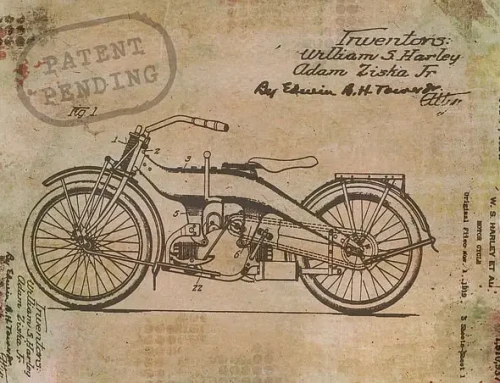In our last post we pointed out the inventions and applications developed in a labor relationship between employer and employee. This time we are going to delve into the types of inventions that arise in labor relationships, which are known as Labor Inventions.
According to Spanish law and the provisions of the Patent Law, the right of possession of an invention is owned by the inventor or inventors, with the exception of inventions that arise in the framework of an employment relationship between the employer and the employee, the latter being the inventor.
Types of labor inventions
The law differentiates between three types of labor inventions:
1.That the invention belongs to the employer (art. 15) 2.
The case in which the employee makes an invention within the framework and validity of his employment contract, and whose origin is a research activity that constitutes the object of his work. It is the so-called commissioned invention, the employer having the patrimonial rights of the invention. On the other hand, the employee has the right to be recognized as an inventor, and to have a supplementary remuneration if two requirements are met:
- That his personal contribution to the invention clearly exceeds the content of the contract.
- That the importance of the invention for the company exceeds the content of the contract.
-
That the invention is assumable by the employer (art. 17).
In this case, the employee makes the invention during the term of his employment contract and, although his professional activity does not consist of carrying out such research, the knowledge acquired within the company or the use of means provided by the company have had a predominant influence on its development. In principle, the ownership corresponds to the employee, provided that the employer does not choose to:
- Assume ownership of the invention or reserve a right of use.
- In this case, the employee is entitled to financial compensation according to the industrial and commercial importance of the invention, the importance of the knowledge provided by the company and the employee’s own contributions.
3.Inventions belonging to the worker (art. 16)
Those inventions which are not commissioned by the employer or which, although related to the work activity, have not been predominantly influenced by knowledge or means provided by the company.
Other considerations
The Patent Law also establishes that the employee who makes any of the inventions referred to in articles 15 and 17, must inform the employer in writing (art. 18), so that he/she can exercise his/her rights.
At Lidermark, as official patent and trademark registration agents, we will advise you with all the necessary information and assistance to help you avoid problems and register your invention safely.






Leave A Comment